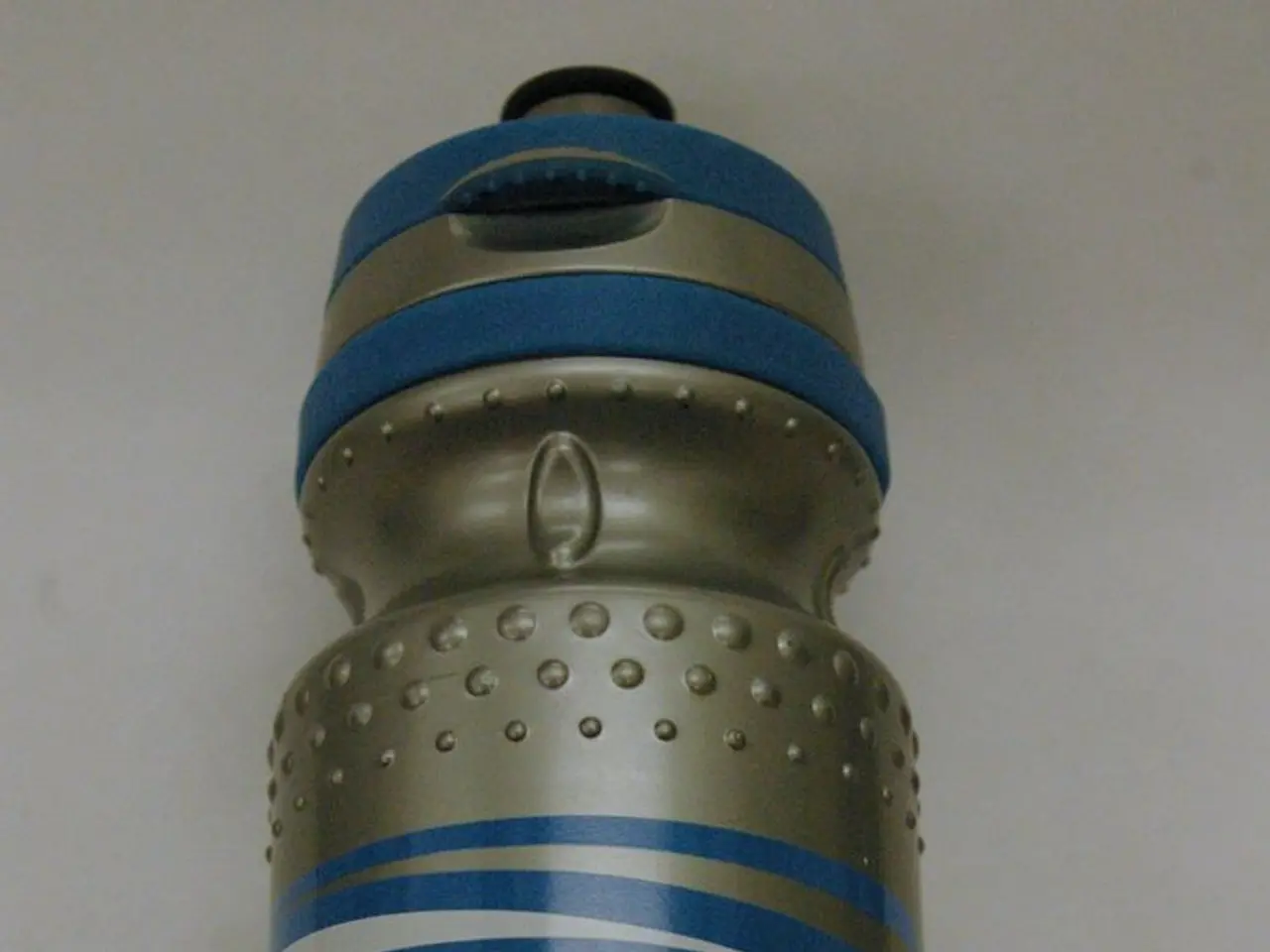Baby KJ's Miracle Recovery: Gene Editing Cures Rare Liver Deficiency
Baby KJ, born with a rare liver enzyme deficiency, has made a remarkable recovery following a groundbreaking gene editing treatment. Kiran Musunuru, MD, PhD, presented the successful case at the ESGCT conference in Seville, Spain.
Baby KJ was diagnosed with a deficiency of liver enzyme CPS1, leading to dangerously high ammonia levels. Musunuru and Rebecca Ahrens-Niklas, MD, PhD, identified the specific mutations and developed a bespoke base editing treatment. The protocol, supported by a public-private partnership, involved multiple organizations and scientists.
The treatment, delivered via lipid nanoparticles, was administered in three doses with no serious side effects. Baby KJ was discharged from the hospital and received a police escort home, marking a significant milestone in his recovery. Musunuru and his colleagues are now designing a master protocol for a primary IND clinical trial to treat patients with seven urea cycle disorders. The FDA approved the single-patient IND for Baby KJ's treatment in just seven days.
The successful treatment of Baby KJ using gene editing has opened doors for potential cures for urea cycle disorders. Musunuru's presentation at the ESGCT conference highlights the promise of this innovative approach, with further clinical trials underway.
Read also:
- Deadly addiction: strategies for smoking cessation to live longer
- Individuals Should Act if Drivers Display Risky Behavior - National Safety Awareness for Passengers Week
- "Family asserts that defective insulation led to a major mold outbreak"
- Struggling to Cover Hep C Treatment Costs? Here's a Swift Guide








